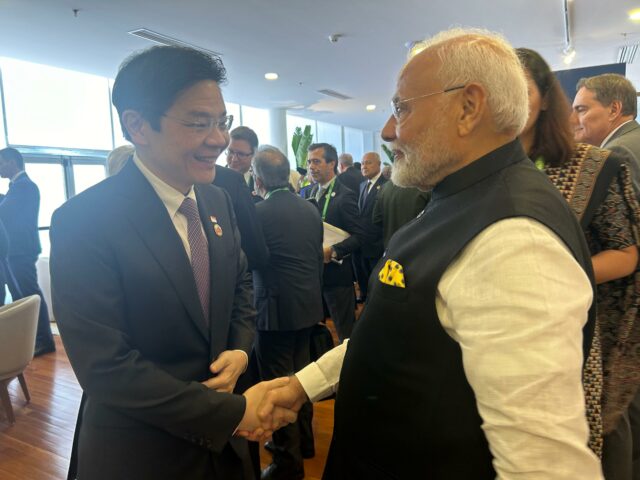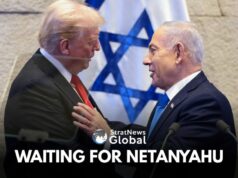
Singapore Prime Minister Lawrence Wong is on his first official visit to India since taking over the top job in May last year. His visit also marks 60 years of diplomatic relations between the two countries.
Prime Ministers Modi and Wong are expected to review current areas of cooperation and explore new opportunities in trade, finance, digital technology, and regional security. Incidentally, Modi was in Singapore last year when the two sides inked a Comprehensive Strategic Partnership.
Wong is expected to brief Modi on how he sees developments in his neighbourhood, the role of ASEAN, China and of course the civil war in Myanmar. Their discussions could also touch on how US President Trump is taking apart the established trade regime.
Singapore is a crucial partner of India in southeast Asia, and therefore a critical element in the Act East policy enunciated by Prime Minister Modi in 2014, during his first term. It marked a step forward from the UPA government’s Look East policy that had economic ties at the base.
The Act East policy seeks to deepen and broaden those relations by bringing in strategic, security, connectivity and cultural ties into the mix. The push is for proactive engagement at bilateral, regional and multilateral levels with the special emphasis on connectivity through India’s northeast.
Given its strategic location and trade flows, India sees Singapore as a useful sounding board on the region and regular official visits by both sides have helped build political connections and economic linkages.
It helps that at $34 billion, bilateral trade makes Singapore India’s 6th largest trading partner. The island is also the top source of foreign direct investment into India in 2024-25, contributing nearly $ 15 billion.
Singapore has linked its digital interbank funds transfer service to India’s UPI, allowing cross-border real-time payments between the two countries.
Among Wong’s other engagements in India is a round table with Indian industry leaders to boost investment and economic collaboration.
The two countries have shared interests in maintaining peace, stability, and connectivity in the Indo-Pacific region.




